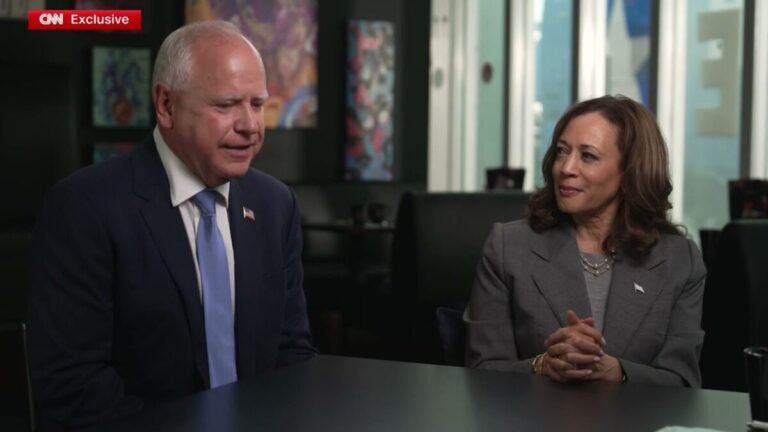The Biden-Harris administration has overseen a period marked by significant economic turbulence, with a notable uptick in business bankruptcies. This trend has been prominent and seems to be growing during the current administration.
On Wednesday, BurgerFi International, Inc., known for its high-quality burgers and also the parent company of Anthony’s Coal Fired Pizza & Wings, announced its filing for Chapter 11 bankruptcy protection. This move, made in the U.S. Bankruptcy Court for the District of Delaware, marks another chapter in the ongoing saga of economic recovery and adaptation within the restaurant industry post the global health crisis.
BurgerFi’s decision comes amidst a backdrop of economic challenges that have been plaguing businesses across the board. The company cited a “drastic decline in post-pandemic consumer spending” alongside the persistent issues of inflation and rising food and labor costs as primary reasons for its financial distress. This scenario paints a broader picture of the economic landscape where even well-regarded brands are not immune to the pressures of economic shifts.
The filing includes only the corporate-owned locations of both BurgerFi and Anthony’s, totaling 67 restaurants. However, this does not spell the immediate closure of these establishments. Instead, BurgerFi’s management, led by Chief Restructuring Officer Jeremy Rosenthal, aims to use the bankruptcy process as a tool for reorganization. The goal is to stabilize the business, potentially shedding unprofitable assets, renegotiating debts, and emerging with a leaner, more sustainable operational model.
This approach reflects a common strategy in Chapter 11 filings where companies seek not just to liquidate but to restructure, aiming to preserve jobs, maintain brand value, and eventually return to profitability. For BurgerFi, which once saw itself as a competitor to giants like Shake Shack, this filing might just be a necessary reset button in a highly competitive and challenging market.
The broader implications of BurgerFi’s bankruptcy filing resonate within the restaurant industry, signaling caution to other chains. The sector has been navigating through turbulent waters, with several notable names like Red Lobster and Buca di Beppo also turning to bankruptcy for a lifeline. This trend underscores the difficulty of maintaining profitability in an environment where consumer behavior has shifted, and operational costs have soared.
For consumers and investors alike, BurgerFi’s Chapter 11 filing serves as a reminder of the fragility of even seemingly robust businesses in the face of economic volatility. While the immediate future for BurgerFi involves court proceedings, restructuring plans, and potential changes in ownership or management, the long-term outlook could see a revitalized brand emerging from the ashes of its current financial woes.
As BurgerFi navigates through its bankruptcy, the industry watches, learning from each step, hoping for a turnaround that could serve as a blueprint for survival in an ever-changing economic climate.




Leave a Comment